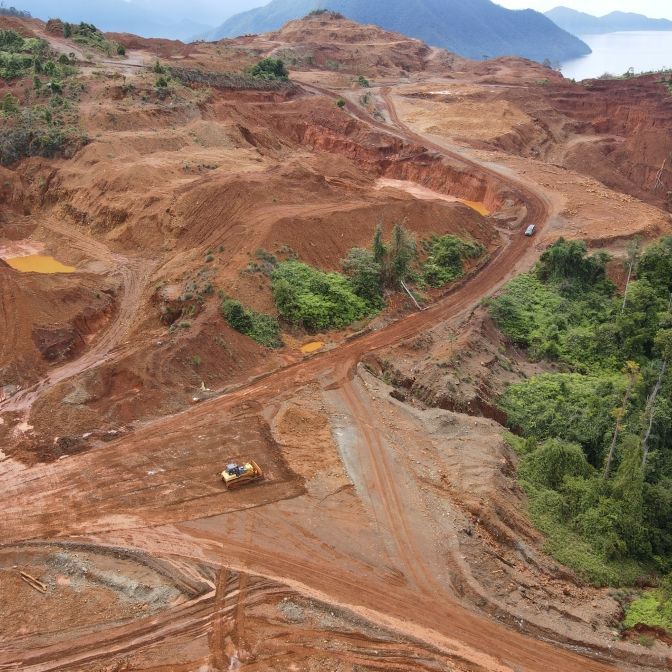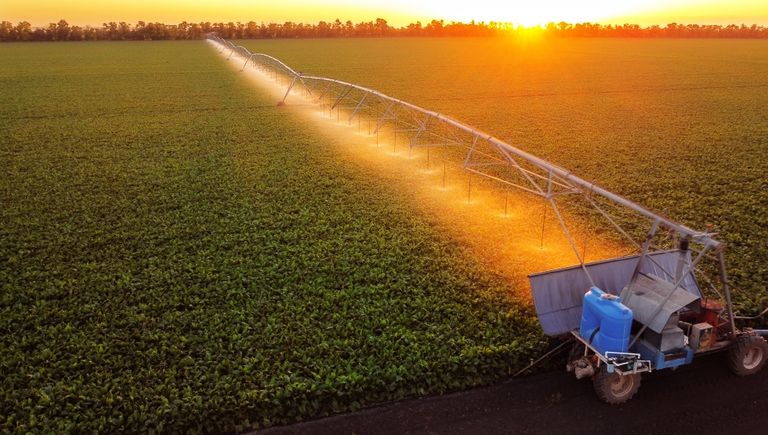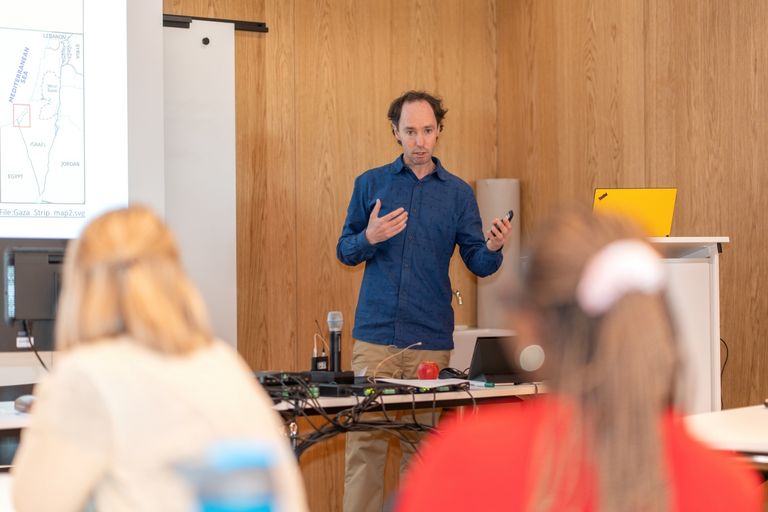

Health Impact Assessment
Guiding Healthier Outcomes for All
At Swiss TPH, our HIA expertise and activities cover the full spectrum from HIA service provision, HIA research and HIA teaching and training. We have long-standing expertise in the assessment, monitoring and evaluation of health impacts associated with drivers of global change, including population growth, migration, urbanization, natural resource extraction or climate change.
The systematic HIA approach takes into account direct and indirect effects of projects, interventions or policies on human health and holistically considers underlying social and environmental determinants of health. It recognizes health as central to sustainable development encompassing economic development, social progress and environmental protection, by applying a health-in-all sectors approach.
Our Expertise
Our expertise includes:
- HIA for large-infrastructure projects, incl. resource extraction, hydropower, renewable energy, transportation, agricultural projects
- HIA for spatial planning and urban development
- HIA for (public) health interventions
- HIA for the private sector, development agencies and public entities
- Application of best international and sector-specific standards
- Extensive experience in low-, middle, and high-income countries, including remote and fragile settings

Astrid Knoblauch
Dr.
Technical Expert
+41612848675
astrid.knoblauch@swisstph.ch

Mirko Winkler
Associate Professor, PhD, DTM&H, MSc
Head of Unit
+41612848339
,
*
mirko.winkler@swisstph.ch


